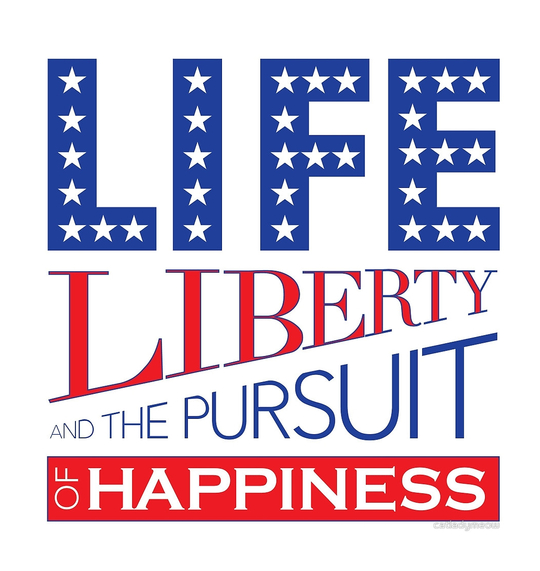The humanity of differences - Part one

by Steven L. Williams
Op-Ed
As I stare at the blank screen, preparing to write, I have more questions than answers. I question what I can possibly say to you about racism, white supremacy, and police reform that will open you up, rather than shut you down. I question if I have already lost you, writing those three hot-button terms in the first sentence.
After this hot, bloody, and historic summer, so many of us are feeling raw and weary. I see this rawness as a space for growth and connection among hearts which have been broken open. We as a nation have entered a new phase in the fight to make real our country’s promise that all are created equal, endowed by their Creator with certain inalienable rights to Life, Liberty, and the Pursuit of Happiness.
There are three lessons that I learned this summer and want to share with you. The first lesson is about my perfectionism, a legacy of my conditioning in the culture of whiteness, which silences me by insisting that questions are a sign of weakness. The second is when I have questions about an issue, I need to listen to those the issue most gravely affects–especially if they are angry.
And, the third lesson is that anger is not at odds with love and nonviolence. In fact, to seek the truth in love, I must speak the truth in love. This means expressing my anger before it turns to violence—whether that be the implosive violence of bottling my emotions, or the explosive violence that comes when the bottle bursts.
All three of these lessons involve listening. So, I must listen more than I speak. On Facebook, I tend to share others’ words more than crafting my own. I let comments play out versus joining in the debate. This act of “online listening” is shaded in my white perfectionism. It’s the part of me that says I must have all the answers before I can engage in the conversation.
The lesson here is, I do not need to have all the answers. Releasing this piece of my whiteness allows me to speak and act. Being a part of the race conversation is consciously rejecting the cultural myth of my European Enlightenment-era ancestors. I am a work in progress, and only as such may I be part of my society’s healing.
My second lesson is to listen intently to friends, acquaintances and strangers of color. To hear their pain, rage, grief, trauma, despair, impatience, fear, and hope. I am listening closely to those who are willing to tell me how my “well-meaning-white-man” actions are hurting them, however unintentionally, because my intent does not negate the impact. The road to hell is indeed paved with good intentions, and my defensiveness only serves to steamroll the asphalt.
My greatest challenge is listening to mass media, political rhetoric, and religious leaders. It is hard to hear those in power construct their narratives around the bloody summer of 2016. Most maddening are those who invoke Martin Luther King’s words, taking them out of context to shame and silence black pain and anger, when King himself promoted militant nonviolence.
As I listen, I struggle to honor my promise to seek and speak the truth in love. It is so easy to succumb to hate, because it distances me from those with whom I disagree. Love insists I meet them in our common humanity, however messy and tender it may be.
For inspiration to meet in love, I’ve been listening to leaders in the movement for black lives who lead with their hearts open and bleeding: leaders of color, who speak truth to power structures without scapegoating the people in them; white co-conspirators who insist that white supremacy can no longer have their people, and who call white working-class people into the movement for collective liberation.
From them, I hear a different narrative than that of the whitewashed powers mentioned previously. Their stories are more complex and not so neatly packaged. I have come to trust messy stories because truth rarely comes wrapped with a bow; it has too many layers and threads to fit in a box.
Black Lives Matter is a movement for the full value of all lives–a value that remains unreached because Black lives remain at the gravest risk—followed by brown lives, trans and queer lives, and poor lives of all stripes. Acknowledging this reality does not devalue or minimize the real problems of non-black bodies; it prioritizes the most urgent need, which in turn frees up energy to address all needs. I believe this is what Jesus meant when he said that what we do to the least of these (i.e., the neediest), we do to God (i.e., the totality of reality).
Working-class white people often struggle with this, and for good reason. We, too, have inherited a bum deal from the system of white supremacy, which is as much about economics as race. The economic factor is so obvious that many people categorized as White, especially those who are poor or working-class, are quick to say that the main problem in our country is class, not race. The big wrench in this argument is this: the invention and perpetuation of a racial caste system is what solidified the economic class system. Few people learn this piece of American history. So, white people need a starting point for anti-racism and for empathy with the struggle for black lives, which has culminated in the #BlackLivesMatter movement.
Read part two of Steven Williams’ article next month in “The Gayly.”
A copy of this article was published in the Fall copy of “Beyond Belief”, produced by All Souls Church in Tulsa.
_
Copyright 2017 The Gayly - 1/17/2017 @ 8:15 a.m.





